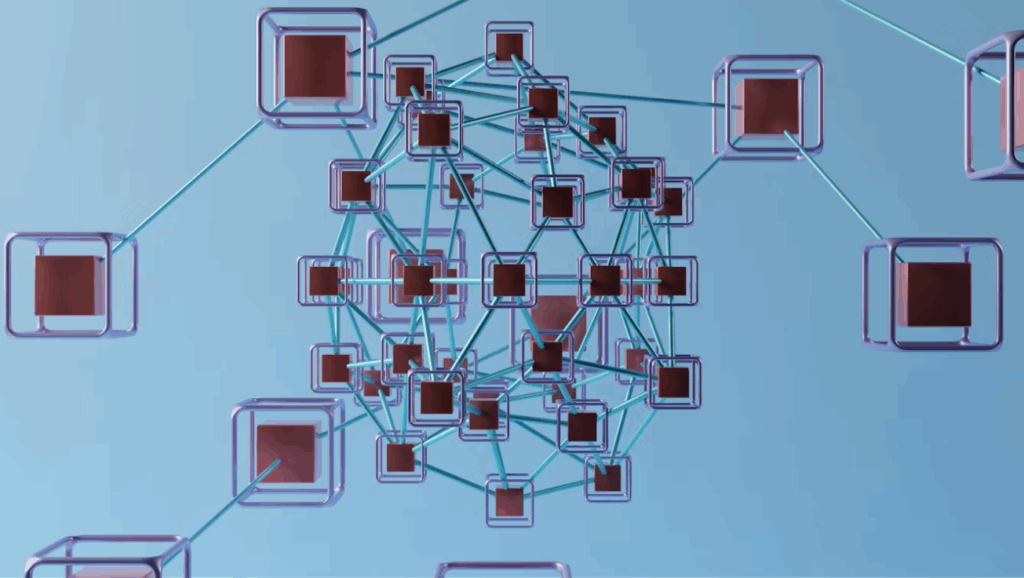Smart contracts represent a revolutionary concept in the world of decentralized technology. Essentially, a smart contract is a self-executing program stored on a blockchain that automatically enforces the terms of an agreement once predetermined conditions are met. Unlike traditional contracts, which require intermediaries to verify and enforce terms, smart contracts operate without human intervention, relying entirely on code for execution.
The core idea behind smart contracts is automation and trust. When two or more parties agree on certain terms, these conditions are written into code and deployed on the blockchain. Once the specified conditions are fulfilled—such as payment confirmation or delivery of a service—the contract executes the agreed actions automatically. This eliminates the risk of manual errors and reduces the time needed to complete transactions.
Transparency is one of the defining characteristics of smart contracts. Because they exist on a public or permissioned blockchain, the rules and logic of the contract are visible to all participants. Additionally, immutability ensures that once the contract is deployed, it cannot be altered, providing security and reliability. This feature helps prevent disputes and builds trust among parties who may not know each other personally.
The applications of smart contracts are vast and span multiple industries. In finance, they facilitate automated transactions, decentralized lending, and digital asset management. In logistics and supply chains, they track goods and release payments only after verification of delivery. Healthcare providers use smart contracts for secure data exchange, while the real estate industry employs them to automate property transfers without intermediaries.
However, smart contracts are not without challenges. The code must be carefully written because errors can lead to vulnerabilities or unintended consequences. Furthermore, most legal systems have yet to fully integrate smart contracts into their frameworks, meaning traditional agreements are still often required. Despite these challenges, the potential of smart contracts to simplify processes, reduce costs, and improve transparency makes them one of the most important innovations in blockchain technology.

